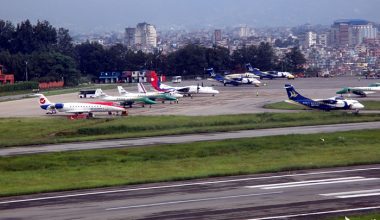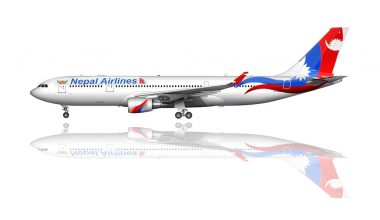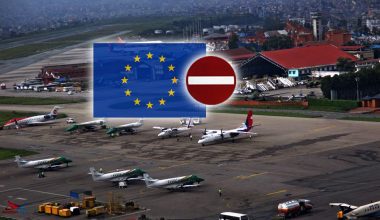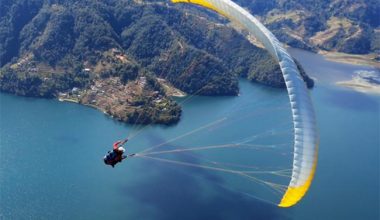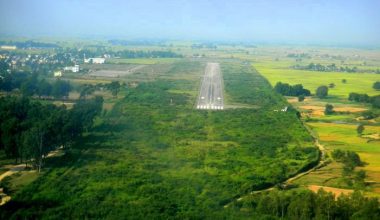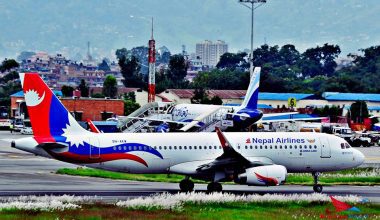Contrary to the claims of officials from Civil Aviation Authority of Nepal (CAAN), European Union (EU) has kept Nepali aviation in its black list this year too.
It will surely affect the plan of Nepal Airlines Corporation (NAC) to operate scheduled flights to European countries as the corporation added two Airbus A330 recently.
CAAN and Minister of Culture, Tourism and Civil Aviation (MoCTCA) have repeatedly requested the concerned to withdraw Nepal from blacklist of EU. CAAN and MoCTCA spent millions to make and implement the criteria of air security in order to remove Nepali aviation from the blacklist.
However, EU has listed all airlines of Nepal including NAC on Friday (November 30) in its blacklists. All Nepali airlines and aircraft which received Air Operator Certificate (AOC) from CAAN have been blacklisted.
According to the EU, Nepal has no right way of distributing AOC to airlines. EU has concluded that the situation of air security of Nepal aviation is undeveloped from past 5 years.
Due to the weakness of physical infrastructure and unmanaged laws in the air security, EU has still decided to keep Nepal in blacklist. Also, while the EU has said that Nepal should keep the Authority separately from the service provider and should be kept as a regulatory body.
EU’s this decision has remained a big disappointment looking at the operation Nepal Airlines Corporation (NAC) along with steps of CAAN procuring Airbus A330 widebody on 2018. International Civil Aviation Organization (ICAO) previously removed Nepali carrier from significant safety Concern (SSC).
CAAN is currently functioning as both regulator and service provider with no clear differentiation over their duties and responsibilities. Civil Aviation Minister Rabindra Adhikari had promised to complete the process to split the CAAN by enacting draft Integrated Civil Aviation Bill last June but no progress was seen. While the service provider (CAAN) will be responsible for licensing and regulating aviation professionals and pilots, engineers, air traffic controllers, airlines and aerodromes, the service provider will be responsible for airport management, terminal management, ground handling, airport security, rescue and firefighting, airport infrastructure development, airport fee and tax collection and air traffic control.
In the other side, the construction process of different airports have not been able to be carried out properly. CAAN has not stopped giving permission to new airline companies despite of weakness of physical infrastructure. Due to this, there are lot of problems like holding and congestion of aircraft in the sky and in the ground of Tribhuvan International Airport (TIA). This is why the EU has blacklisted all the airline companies.
International Civil Aviation Organization (ICAO) removed Nepal from Significant Safety Concern (SSC)on July of last year. EU blacklisted Nepal on the basis of SSC of ICAO.
Around a few months back a team from Ministry of Culture, Tourism and Civil Aviation led by Hon. Minister Rabindra Adhikari and International Civil Aviation organization (ICAO) team held a meeting to discuss the progress made by Nepal’s aviation sector. In the meeting with ICAO former Secretary General Mr. Raymond Benjamin, Airbus Sr. Vice-President (Safety) Mr. Yannick Malinge, the inspectors had expressed happiness over improved aviation status of Nepal and Minister Adhikari urged to remove Nepal from Air safety Black list of European Union (EU).
EC banned Nepali carriers preventing them from flying to Europe’s Air Space. ICAO had suggested splitting CAAN to make the aviation sector more efficient and the government has been working to amend the new law for about a decade now.

